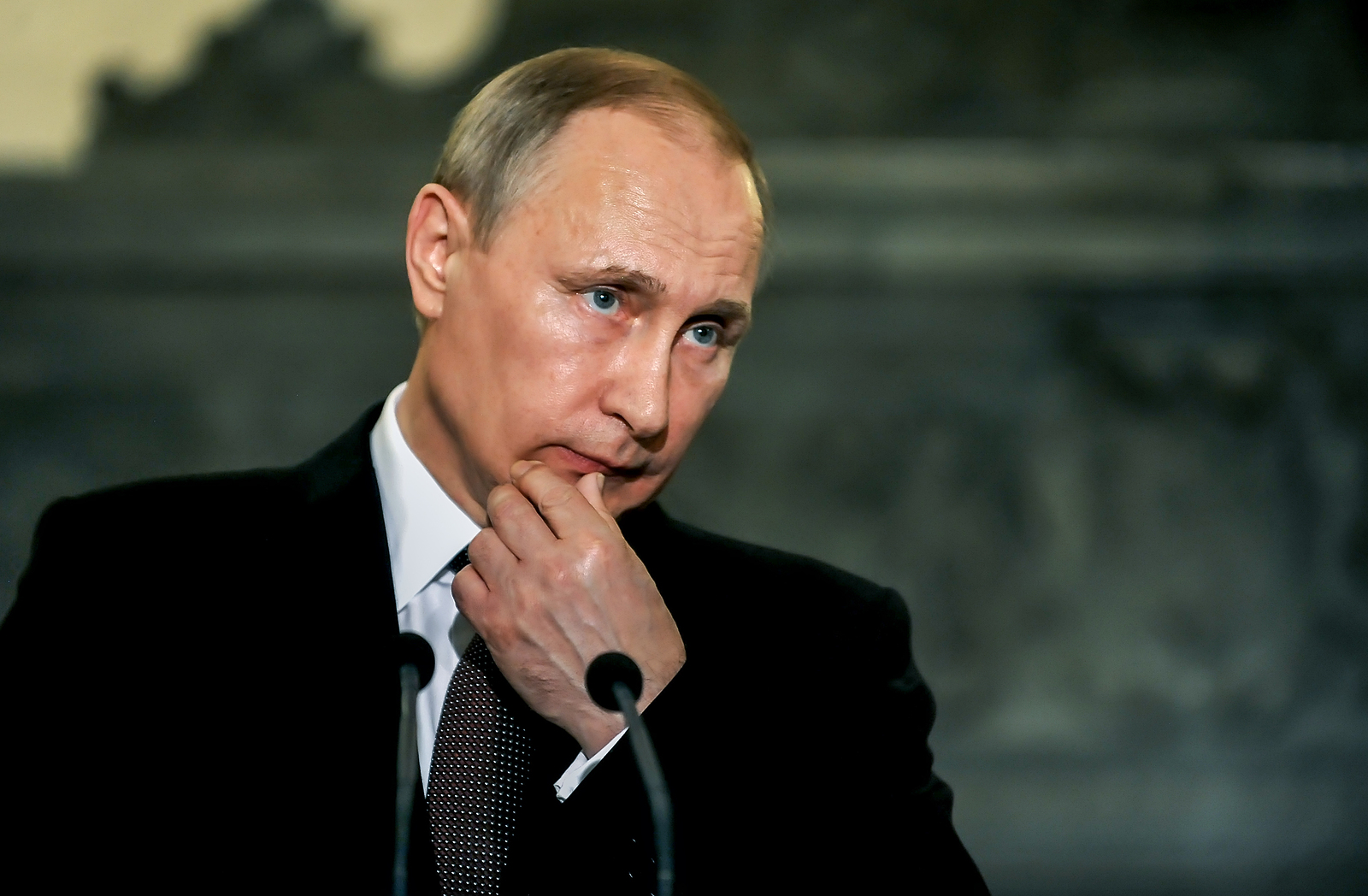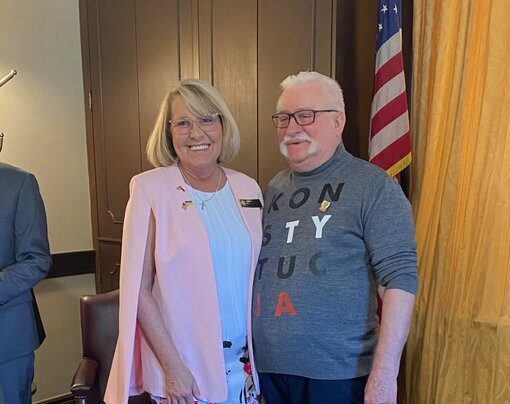Dartmouth Research Takes Aims at Russian Wealth Managers

Instead of tracking down the super yachts, the Italian villas, and the secret off-shore bank accounts owned by Russian oligarchs’ key to Vladimir Putin’s power, western governments should target the money men, according to a new study led by Dartmouth College researchers.
“Rather than playing whack-a-mole with each individual oligarch, you take out one wealth manager and you effectively take out several oligarchs in one fell swoop,” says co-author Brooke Harrington, a professor of sociology at Dartmouth.
With the United States leading a coalition of western governments aiding Ukraine’s fight for survival against Russian troops, stopping the money that fuels Putin’s regime has taken on heightened importance. The problem is there are many billionaires in Putin’s networks of kleptocrats who help shuffle money.
Using leaked documents that detail the flow of Russian cash through off-shore accounts, the Dartmouth-led study concluded targeting his money managers could cripple Putin’s regime.
The researchers studied connections between more than 1.9 million wealth managers and their clients from Russia, China, the United States, and Hong Kong. The research showed going after a relatively small number of money managers in a network could cripple it to the point of collapse.
Ultra-wealthy people from autocratic countries like Russia tend to use fewer money managers than their counterparts in the free world, according to the research. Most Russian money managers are located in the United Kingdom and Europe, making their financial networks particularly vulnerable if the West chooses to act on the research.
“Awareness of wealth managers and what they do is still in its infancy in terms of public policy. To end the invasion, there’s an urgent need for sanctions informed by systematic evidence of the asset structure supporting Russia’s campaign—our paper provides that evidence,” Harrington said.
The researchers used the Offshore Leaks Database maintained by the International Consortium of Investigative Journalists, which identifies wealth management professionals and ultra-rich individuals revealed through high-profile information leaks such as the 2016 Panama Papers, the 2017 Paradise Papers, and the 2021 Pandora Papers.
Combining sociology and networked science, the researchers mapped the money’s movement and even created a visual map of the various financial networks.
“This allows us to be extremely precise about who and what we can target. We can even estimate the impact of specific sanctions and are developing metrics to identify new targets,” said Dartmouth Professor Feng Fu.
Putin, his government, and his cronies have been subject to punishing sanctions imposed by the U.S. and EU since the start of the war more than a year ago. The aim has always been to stop Putin’s ability to wage war against Ukraine, but Putin has continued to send in troops and launch missiles at civilians throughout the war.
A report from the Carnegie Endowment for International Peace predicted the Russian economy’s development will be in reverse for at least the next three to five years. However, it also acknowledged that “the predicted collapse has been avoided, and the forecasted 8–10 percent fall in GDP for [2022] has been reduced to a 3–4 percent drop.”
One reason has been Putin and his oligarch’s continued ability to access billions overseas in their hidden accounts.
Governments in the West have been sending billions worth of cash and weapons to Ukraine, which has managed to push Russian troops out of the Northern part of the country and is now fighting hard in the strongly held Donbas region.
The west can now use the data in the Dartmouth-led study to put a stop to the money funding Putin’s regime, and hopefully stop his war machine.
“To use a military analogy, we are providing a financial missile-guidance system for the countries trying to stop the war in Ukraine,” Harrington said. “A more targeted use of state-backed sanctions means a shorter war and less loss of life.”




